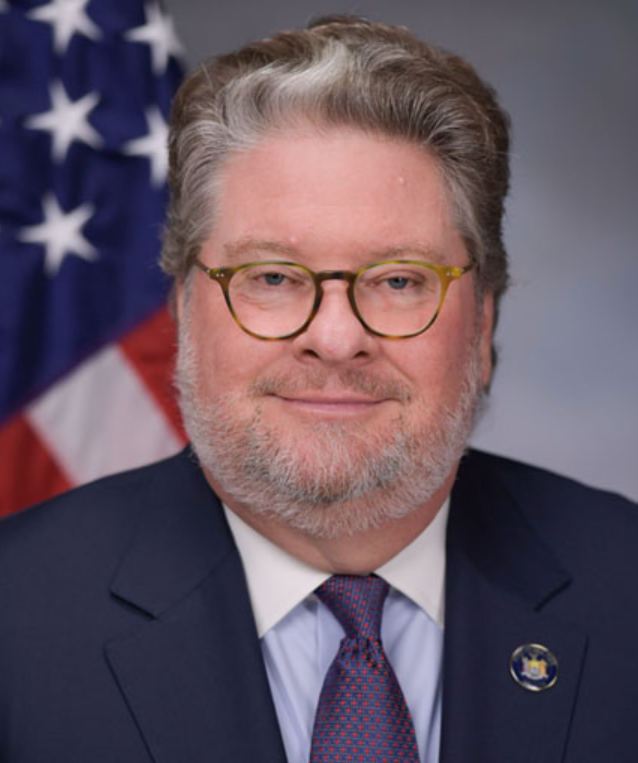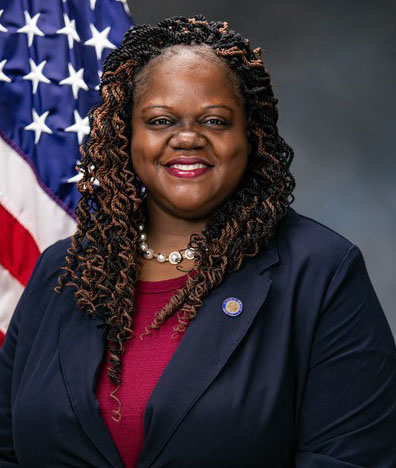| Date of Action |
Assembly Actions -
Lowercase Senate Actions - UPPERCASE |
|---|---|
| Dec 05, 2025 |
tabled vetoed memo.68 |
| Dec 01, 2025 |
delivered to governor |
| Jun 10, 2025 |
returned to assembly passed senate 3rd reading cal.748 substituted for s1211a |
| Jun 10, 2025 |
substituted by a5254a |
| Jun 04, 2025 |
amended on third reading 1211a |
| Jun 04, 2025 |
vote reconsidered - restored to third reading returned to senate recalled from assembly |
| May 19, 2025 |
referred to ways and means delivered to assembly passed senate |
| May 01, 2025 |
advanced to third reading |
| Apr 30, 2025 |
2nd report cal. |
| Apr 29, 2025 |
1st report cal.748 |
| Apr 02, 2025 |
reported and committed to finance |
| Jan 08, 2025 |
referred to environmental conservation |
-
-
Floor Vote: Jun 10, 2025
aye (58)- Ashby
- Bailey
- Baskin
- Borrello
- Brisport
- Brouk
- Bynoe
- Canzoneri-Fitzpatrick
- Chan
- Cleare
- Comrie
- Cooney
- Fahy
- Fernandez
- Gallivan
- Gianaris
- Gonzalez
- Gounardes
- Griffo
- Harckham
- Helming
- Hinchey
- Hoylman-Sigal
- Jackson
- Kavanagh
- Krueger
- Lanza
- Liu
- Martinez
- Martins
- Mattera
- May
- Mayer
- O'Mara
- Oberacker
- Ortt
- Palumbo
- Parker
- Persaud
- Rhoads
- Rivera
- Rolison
- Ryan
- Ryan
- Salazar
- Sanders Jr.
- Scarcella-Spanton
- Sepúlveda
- Serrano
- Skoufis
- Stavisky
- Stec
- Stewart-Cousins
- Tedisco
- Walczyk
- Webb
- Weber
- Weik
excused (5)The following Member(s) participated via videoconferencing: Brouk Scarcella-Spanton
-




